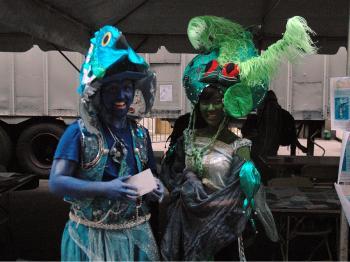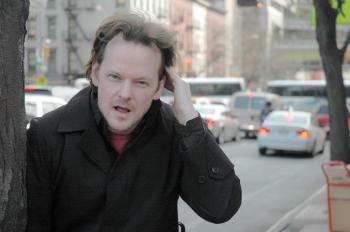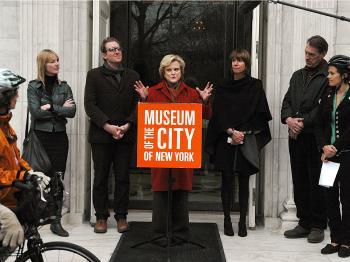NEW YORK—The redevelopment of Chinatown is causing local businesses to close and pressuring the people who live there to move out. A recently published report found that 73 percent of Chinatown’s residents faced harassment from their landlords. At the same time, 75 percent of local business owners saw their rents rise at unsustainable rates.
“High-end developers are pushing out Chinatown’s tenants and businesses because they see an opportunity to line their wallets through high-end housing and upscale stores,” said Haeyoung Yoon, Executive Director of the Committee Against Anti-Asian Violence (CAAAV).
“Chinatown’s history and vibrant identity is being threatened as it becomes unaffordable for its low-income and immigrant residents and business owners, especially as the recession hits the city’s working and low-income families the hardest. City and state leaders need to protect tenants and our affordable housing stock from aggressive and predatory landlords and use planning tools to keep development appropriate to neighborhoods,” he said.
There is a new lawsuit by a group of tenants against the private equity group Madison Capital under a recently passed law that allows tenants to sue their landlords for attempting to force them out of their residences through harassment.
“This report shows that the landlord harassment and threat of eviction that my neighbors and I have faced over the years is not just our experience in our building, but the experience of many tenants in Chinatown,” said Zhi Qin Zheng, a resident at 61 Delancey Street. “Tenants like me who live in rent-stabilized housing need more protection from greedy landlords who just want to kick us out and make more money.”
The complaint says the harassment by the landlord includes disrupting three tenant meetings by calling the police, rejecting rent payments, frivolously pursuing legal eviction proceedings, suspending essential services for a prolonged period of time, and ordering tenants to remove Chinese cultural symbols and decorations from their doors.
In the report, a statement by a lawyer for Madison Capital said: “Madison Capital faithfully serves the interests of its tenants throughout New York City. Madison Capital strives to provide the highest level of service and attention to all of its properties and respective tenants.”
The Buildings Department’s online complaint tracking system states that tenants at 61 Delancey Street have complained of no heat or hot water, collapsing ceilings, and rats. The tenants at 55 Delancey have made similar maintenance complaints.
Madison’s Web site clearly states that their strategy is based upon taking advantage of market and property inefficiencies in order to capture untapped value through property development, rehabilitation, repositioning, releasing, proactive management, and creative problem solving.
The report surveyed the 100 blocks in Chinatown between April 2006 and January 2008 and cited 25 new hotels, 118 new high-end boutiques and cafes, and 26 luxury rental buildings. According to a press release, the average income in Chinatown is $36,899, with 27 percent of residents making below $16,556. Most residents can’t even use the new, high-end businesses.
“In recent years, many of the city’s development policies have supported high-end developers who are threatening Chinatown’s character and the stability and livelihoods of its residents,” said Alexa Kasdan, Director of Research and Policy for the Community Development Project at the Urban Justice Center.
“LMDC funding has gone to upscale real estate development rather than to support affordable housing in Chinatown, which would allow low-income residents to remain in the community that has long been their home.”
“Similarly, small business offer stable jobs and affordable goods to local residents. Yet, despite the $150 million set aside for the city’s Economic Development Corporation to develop the East River Waterfront development, there are no affordability guarantees in the commercially developed piers and no space reserved for local businesses,” added Kasdan.
Another report, published by the Good Old Lower East Side (GOLES), found that the latest wave of gentrification is not only affecting Chinatown. It is wiping away the Lower East Side’s physical character and its very essence as a low-income immigrant community.
According to the report, the distinctive presence of local business in the Lower East Side is giving way to new hotels, condominium towers, high-end retail, and expensive restaurants and bars, which stand in sharp contrast to the neighborhood’s traditional and beloved scale and character.


